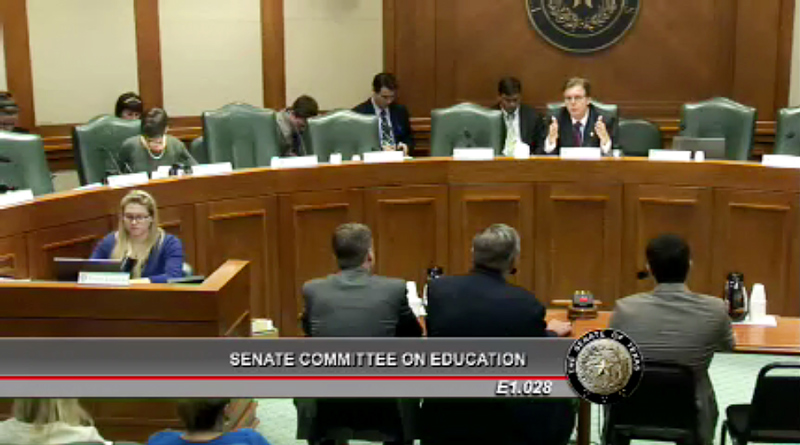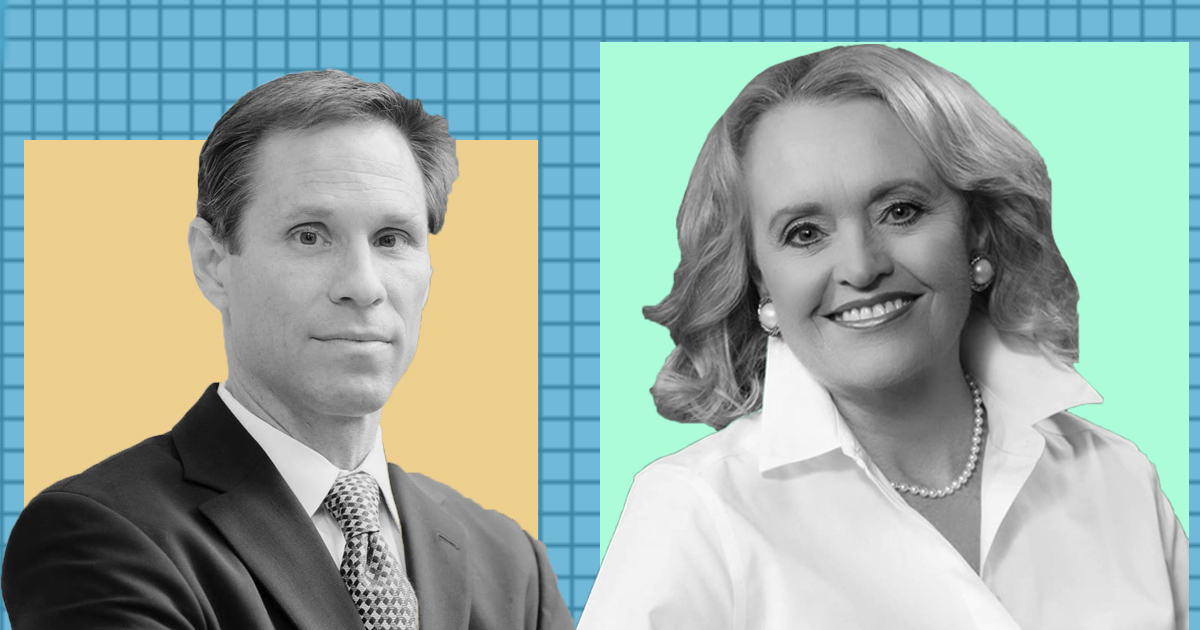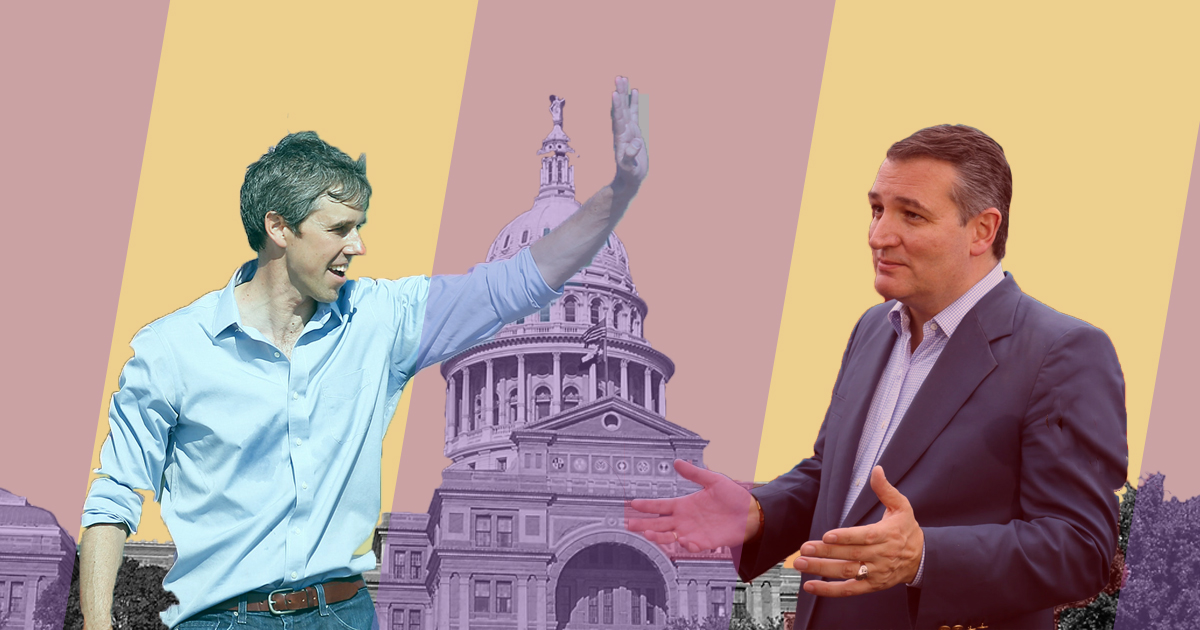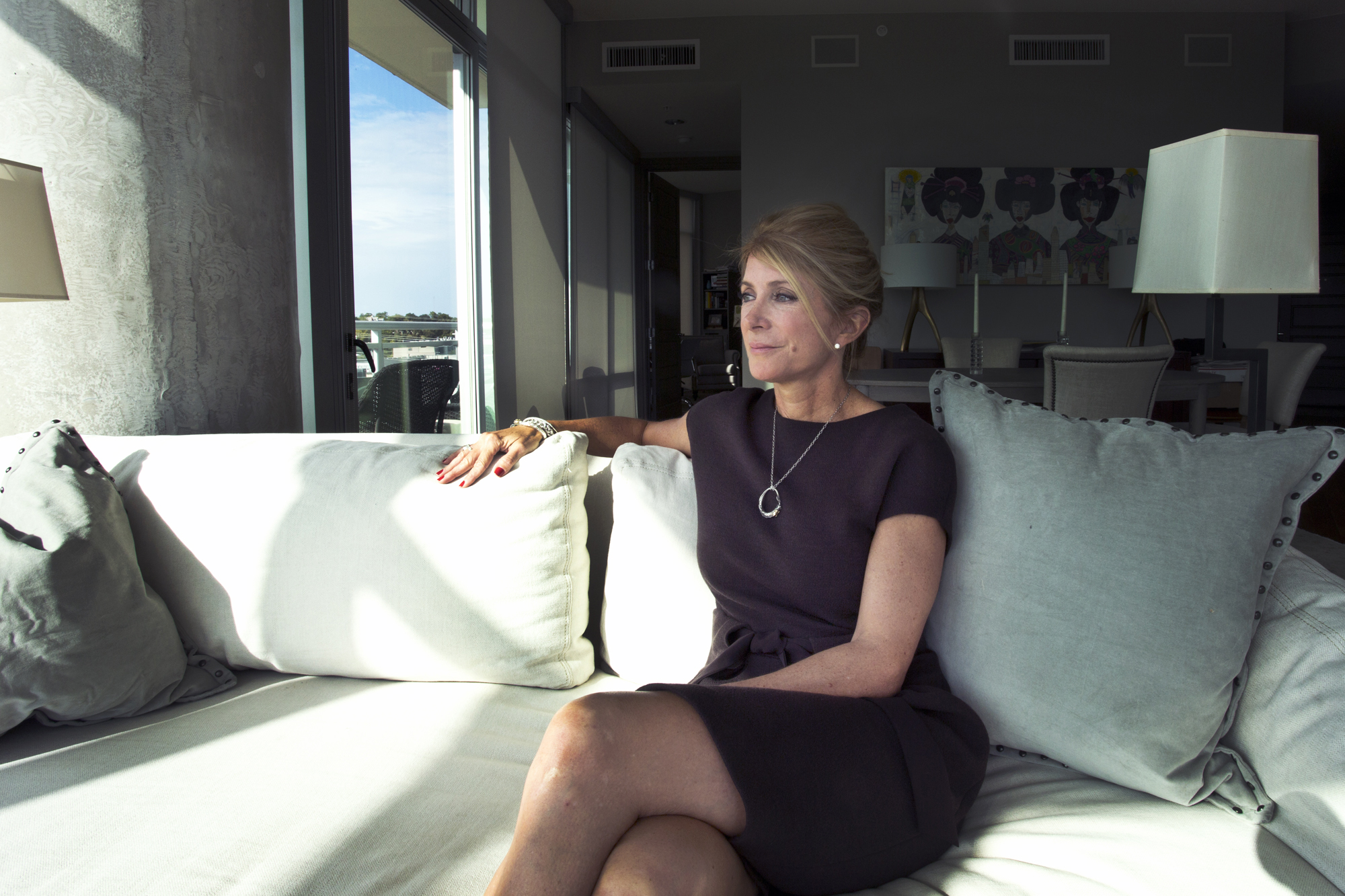
Dan Patrick Puts the Fear of God in Voucher Foes

Above: Sen. Dan Patrick at this morning's hearing on his school voucher bill, and the places where the rest of his Senate Education Committee should be.
A cardinal, a bishop and a rabbi walked into the Senate Education Committee this morning to talk lawmakers into passing a private-school voucher bill.
After last week’s decisive anti-voucher vote in the House, that might sound like the setup to a hilarious joke, but Sen. Dan Patrick (R-Houston), the bill’s sponsor, was dead serious today. Calling his plan to divert business tax payments into private school scholarships a “noble cause,” he remained committed to private school choice as way to rescue poor children. He recognized that momentum isn’t on his side.
“I may go down fighting on this issue,” Patrick said, “but I will not apologize for trying to reach out and help families who are desperate for a future for their children that they didn’t have.”
Patrick looked awfully alone this morning as he laid out what, at one time, figured to be one of this session’s signature bills. Of the committee’s eight other members, only vice-chair Eddie Lucio Jr., Donna Campbell and Larry Taylor were there for most of the hearing, suggesting little interest in debating the finer points. Sen. Wendy Davis (D-Fort Worth), who’s not on the committee, sat in to carry the anti-voucher banner.
She and Patrick went back and forth over whether the tax credit program in Senate Bill 23—capped at a total of $100 million under a new version of the bill—would hurt public schools.
“It’s not public money coming out of public education, no matter how many times you say it,” Patrick told her.
“It’s not not,” Davis replied, “no matter how many times you say it.”
Davis pressed Patrick on the bill’s consequences for open records laws, school accountability or what the public might say about paying for schools with controversial principles. “What if the Nation of Islam wanted to open a parochial school in a community in the state of Texas and they wanted to be able to have access to this scholarship fund?” she wondered.
“Under this bill that would be allowed,” Patrick replied, “and I’m not going to play the religious game with you, senator.”
Had this been the religious game and not the politics game, Patrick could have fielded one heck of a team. Testifying this morning at his invitation: Cardinal Daniel DiNardo of Houston, Bishop Placido Rodriguez of Lubbock, Bishop Patrick Zurek of Amarillo, Rabbi Eliezer Langer of Austin and Cornerstone Christian Schools Superintendent Jerry Echelin.
Rodriguez reminded lawmakers that the Catholic Church runs the country’s biggest private school network, with more than two million students. All the invited speakers were enthusiastic about the possibility of a major new revenue source. The unspoken subtext is that the rise of charter schools—another side of school choice movement—has been especially rough on Catholic schools.
None said they were concerned about being accountable and transparent, if that’s what it took to get the scholarships, though they stopped short of volunteering to give STAAR tests or submit to open records laws. “In itself,” DiNardo said, “accountability is always good. I don’t know what all the ins and outs would be in terms of accountability.”
Zurek recalled the Catholic Church’s proud history of openness and transparency. “We have never hidden any records,” he said, “in any diocese that I have been in.”
Fort Worth pastor Charles Johnson, with the Coalition for Public Schools and the Christian Life Commission, offered a dissenting view once testimony opened to the public. “We don’t refer to failing churches,” he said. There’s no such thing as a failing church. and I’m not so sure there’s such thing as a failing school.”
“How’s this not a tax loophole?” he wondered.
“I give money to my Baptist church,” Patrick answered. “I don’t consider that a loophole, I consider that an opportunity to support God.”
“Well, I’m not trying to speak on behalf of God,” Johnson said, “just the Baptists.”
Former Lt. Gov. Bill Ratliff also turned up to oppose the bill. “I’ll take a back seat to no one on providing choice to the students of this state,” he said—as a senator, he authored the 1995 bill creating Texas’ charter school system. “However, that choice was in the public arena.”
Ratliff suggested vouchers were, at best, a distraction from the more pressing problems with the margins tax created in 2006 that continues to underfund Texas’ public schools. Given the limited money Texas raises to support its schools, he wondered, “Why in the world would we take that public money and send it to private schools?”
Patrick allowed that the “mountain is very high” for his bill to pass, but waxed poetic about the sort of victory it might be: “We are great enough in this state to do these things, if we just knock down some barriers of people who are against opportunities and competition and choice because they’ve always been.”
Patrick was framed by empty seats on his committee as he spoke, his barriers as absent as his support.


